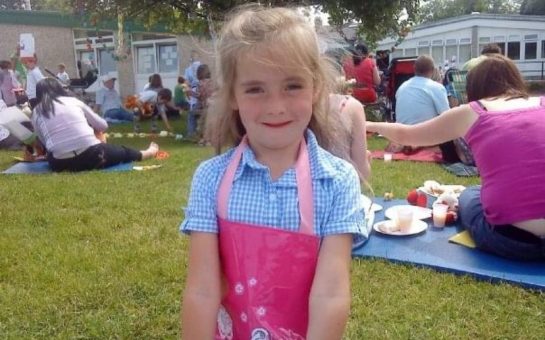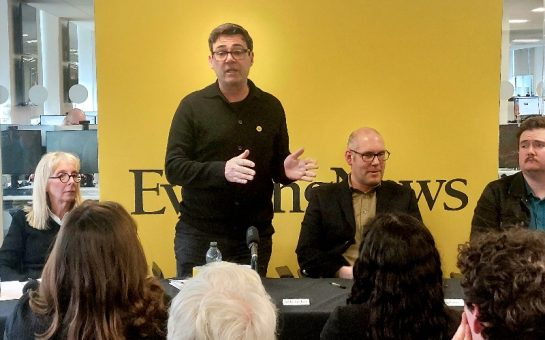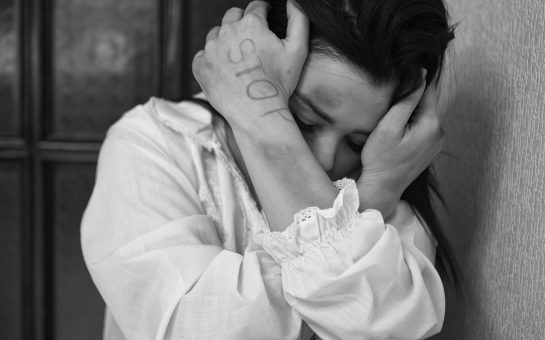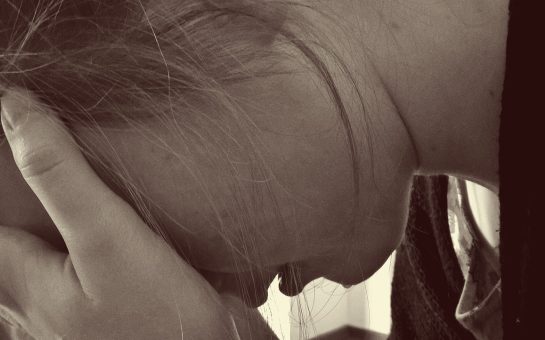More needs to be done to encourage victims of domestic abuse to come forward from the LGBT community, according to a panel of Manchester representatives.
In the run up to Pride’s Big Weekend the panel, held at the Friends Meeting House last night, focused on challenges faced by the LGBT community in coming forward to report abuse.
Representatives from the Lesbian and Gay Foundation, Greater Manchester Police, Manchester City Council, Women’s Domestic Abuse Helpline and Victim Support met to discuss what could be done to ‘dispel myths’.
“There is an issue in terms of attitude, language and culture across Greater Manchester,” claimed Paul Martin of the Lesbian and Gay Foundation.
He believes the image of a male offender and female victim is one reason why male and LGBT victims feel unable to report, or recognise, abuse.
“The starting point is having gender-neutral language out there. The needs of the LGBT community are being met across the country, but work needs to be done in Manchester,” he said.
Brighton’s RISE was one organisation cited as meeting LGBT needs as the domestic abuse service offers support to men and women, with specific resources for LGBTQI.
Head of the Public Protection Division, Detective Chief Superintendent Vanessa Jardine, stated: “Domestic violence is the priority for Greater Manchester police.”
Manchester City Council is receiving funding as part of the delivering differently programme, which they are using to transform domestic abuse services.
However, there are issues specific to LGBT abuse victims that need to be addressed.
“LGBT domestic abuse is not only hidden in the LGBT community, but in our services,” added Mr Martin.
“Victims have to navigate around the heteronormativity in domestic abuse services, as well as the issue of the abuse.”
He also named ‘shame’ or ’embarrassment’ as dissuasions to reporting abuse, along with wanting to avoid judgement and fear of not being believed.
Manchester City Council’s Domestic Abuse Reduction Coordinator, Edith Attoh, talked about how the council have worked to support LGBT in Manchester.
“Specialised training was given to the LGF in handling domestic abuse cases, as they are the primary point of contact for the LGBT community.”
She also said: “Young people in particular, regardless of sexuality, aren’t recognising when a situation is abuse.”
For LGBT abuse victims, support is available at Broken Rainbow on 0300 999 5428. The Men’s Advice Line, 0808 801 0327, offers help for men of any sexuality suffering from abuse. The National Domestic Violence Helpline can be called on 0808 2000 247.
Image courtesy of Mike Nelson, with thanks



